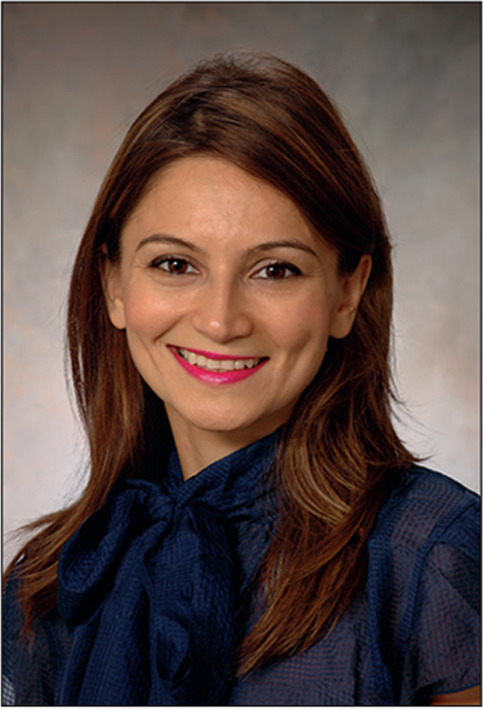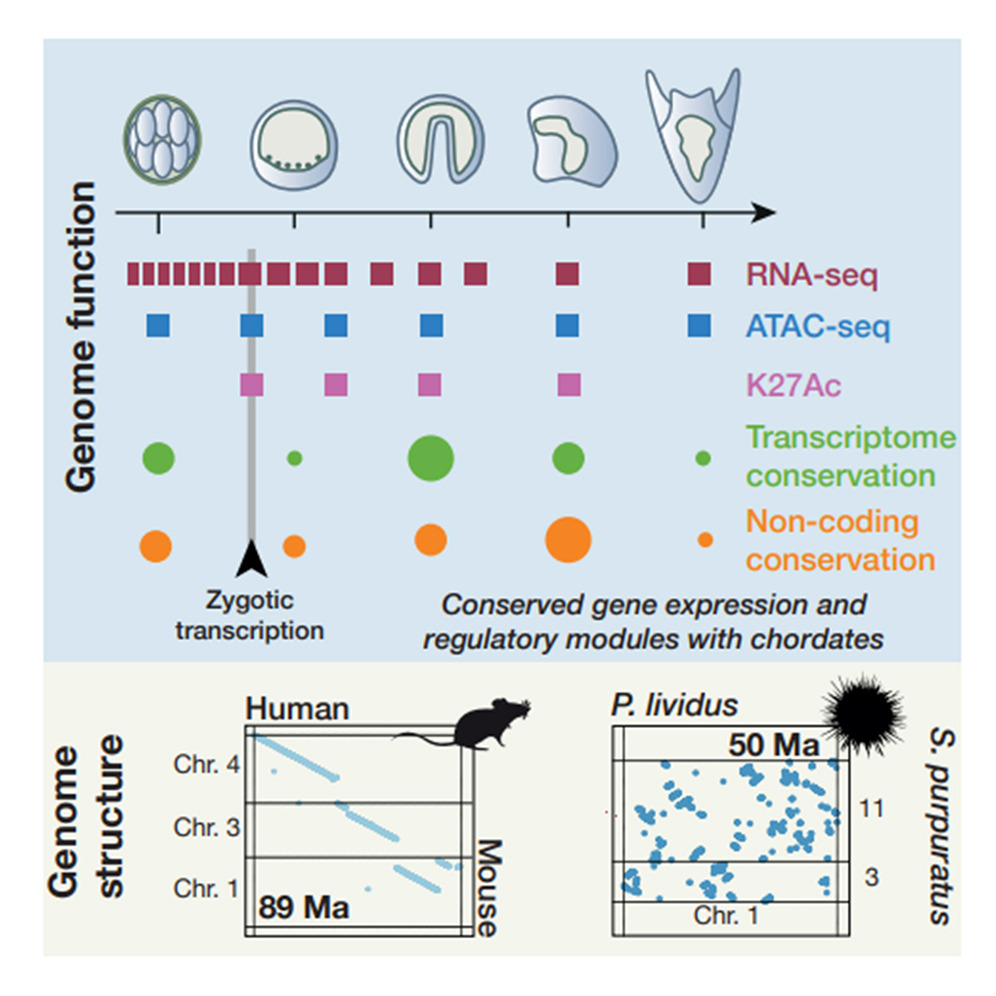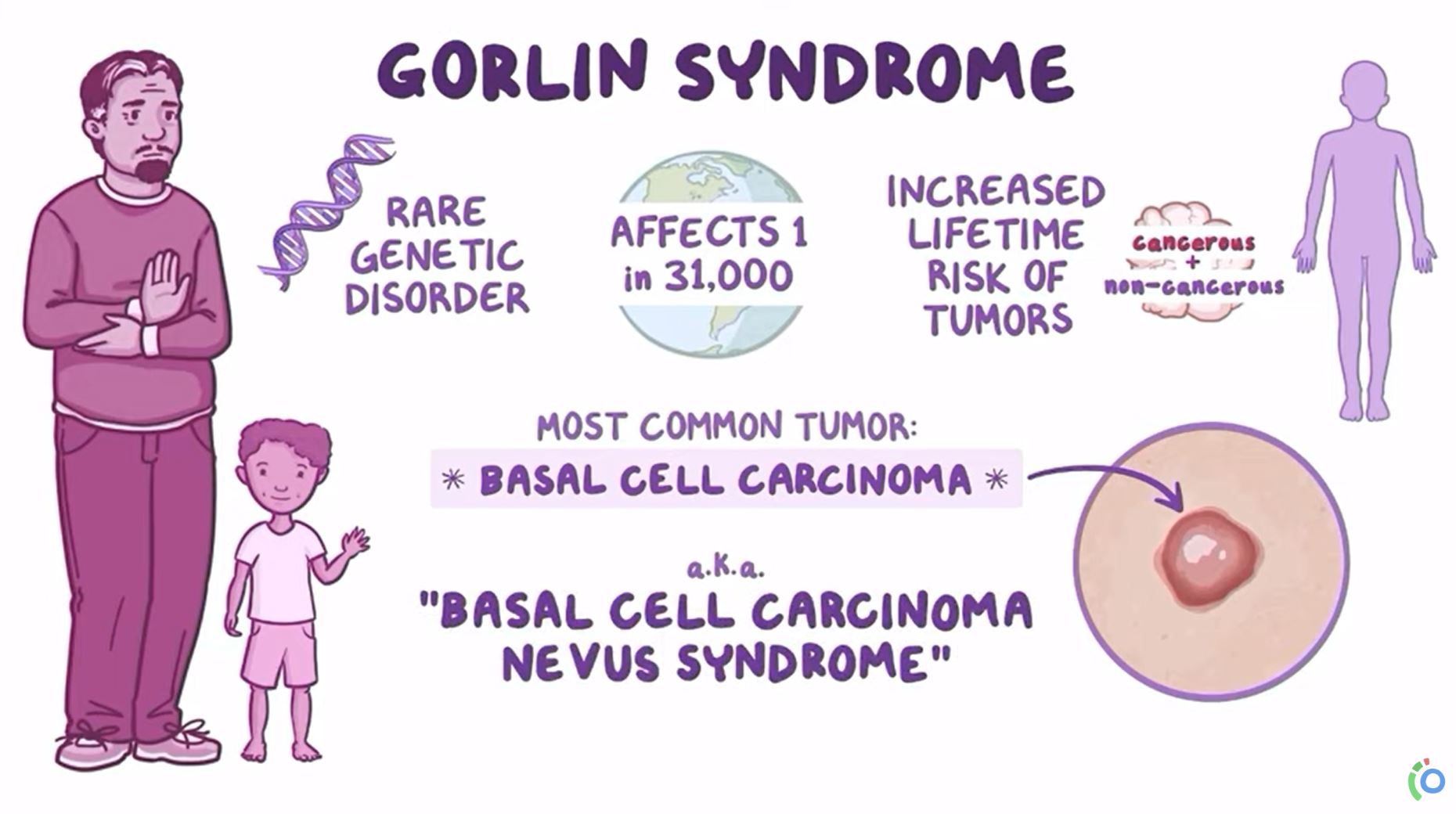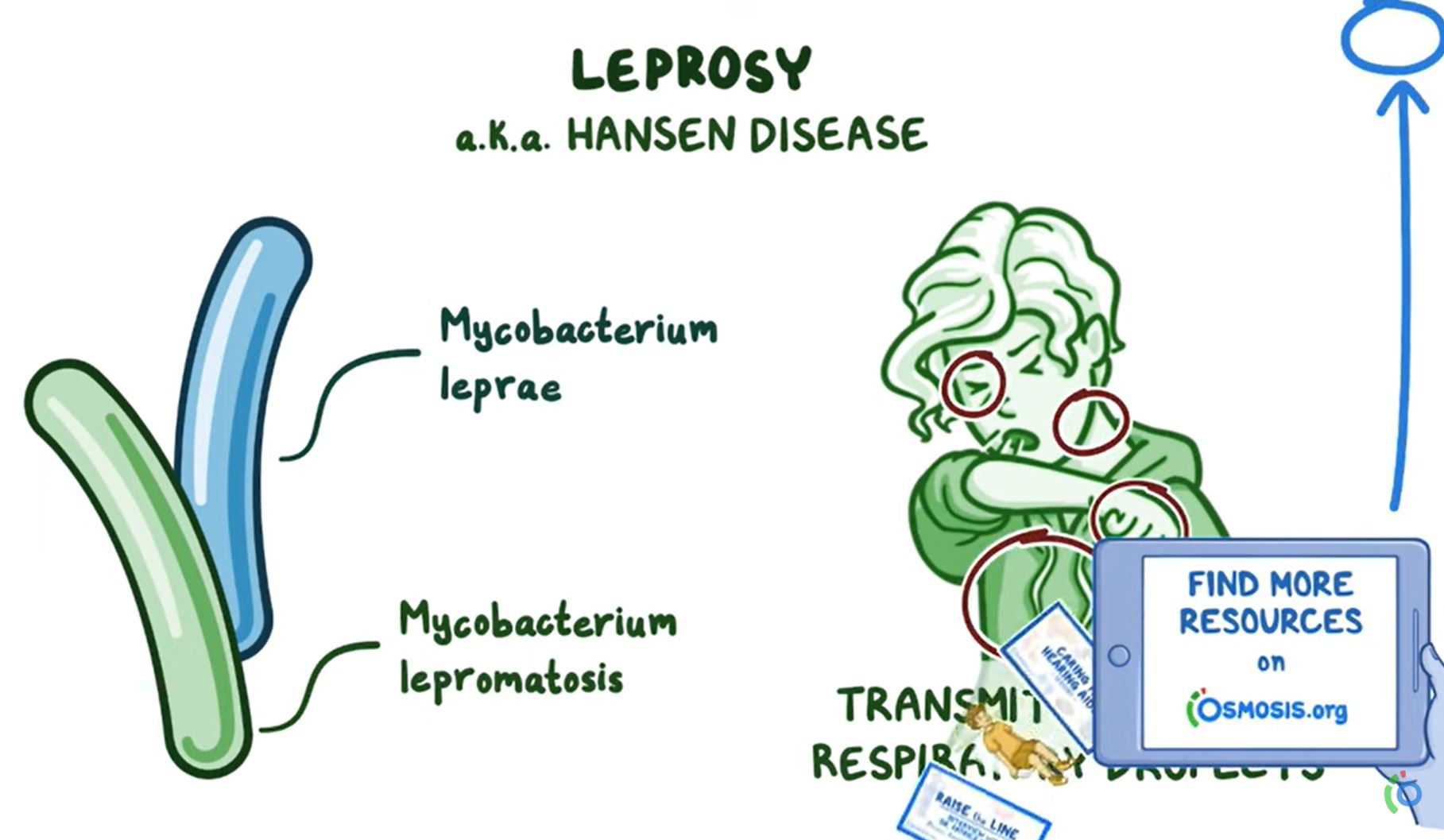This chapter aligns with Goal 14: Life Below Water and Goal 3: Good Health and Wellbeing by highlighting some of the many beneficial industrial and pharmaceutical applications of marine microalgae.
Elsevier,
Recent Advancements in Wastewater Management: Implications and Biological Solutions, 2023, pp 109-132
This chapter aligns with Goal 6: Clean Water and Sanitation and Goal 13: Climate Action by discussing the role and challenges of wastewater irrigation in agriculture in response to declining freshwater resources.
Elsevier,
Clinical Lipidology (Third Edition): A Companion to Braunwald's Heart Disease, 2024, Pages 383-390.e2
This content aligns with Goal 3: Good Health and Wellbeing by highlighting the increased cardiovascular risk before initiation or after changes of HIV treatment.
Having lived through the dissolution of the Soviet Union, Leyla Ismayilova's life experiences shaped her professional journey.
This chapter advances the UN SDG goals 12 and 10 by attempting to explore, analyze, and demonstrate the different traditional methods practiced by indigenous communities of the NE India, in context to NRM. It also explores various aspects of TEK and practices like indigenous farming and irrigation systems, conservation of sacred forests, age-old ethnobotanical knowledge, and cultural customs and rituals of different tribes of NE India.
Elsevier,
Advances in Chemical Pollution, Environmental Management and Protection, Volume 9, 2023, Pages 65-78
This chapter aligns with UN SDG Goals 3, 6, and 13 by promoting clean water, reducing pollution, and supporting sustainable water management practices.
The survey presented here was conducted to better understand public perceptions of climate change, human impacts and the value and management of marine and coastal ecosystems.
Sea urchins are one of the most amenable model systems in developmental biology and they have enabled major discoveries. In this study, the authors investigated how conserved the genomic and regulatory architecture is between P. lividus, other sea urchins, and chordates. By integrating genomic and regulatory datasets, they demonstrated how regulatory changes could be associated with the origin of the novel body plan of urchins and other echinoderms.
This article relates to SDG 3. This resource, created together by Osmosis and the National Organization for Rare Diseases (NORD), aims to increase the knowledge and awareness about Gorlin Syndrome, a mutation in a tumor suppressor gene is the root cause of proliferation of cancer cells, leading to basal cell carcinomas, abnormal cysts in the jaw, bone deformities, and several other manifestations.
This article relates to SDG 3. This resource, created together by Osmosis and the National Organization for Rare Diseases (NORD), aims to increase the knowledge and awareness about Leprosy, an ancient chronic infection disease that can affect the skin, eyes, and nervous system.




